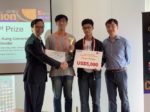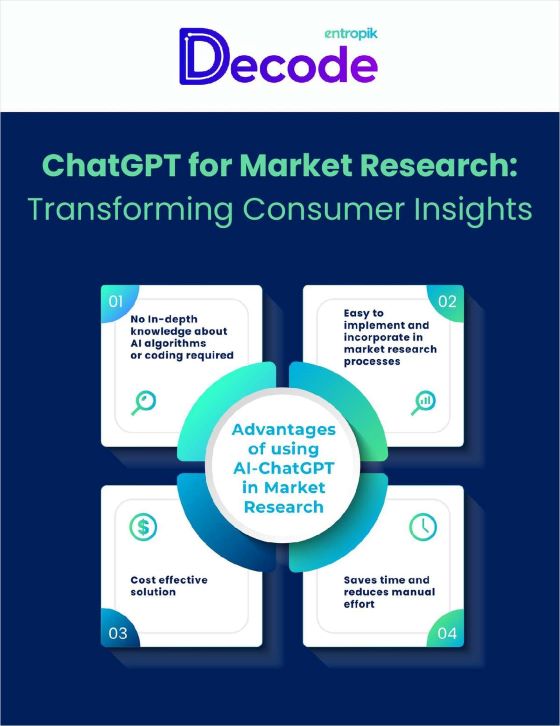Setting the stage for the Stanford HPC Conference this week, Gilad Shainer describes how the HPC AI Advisory Council fosters innovation in the high performance computing community. “The HPC-AI Advisory Council’s mission is to bridge the gap between high-performance computing and Artificial Intelligence use and its potential, bring the beneficial capabilities of HPC and AI to new users for better research, education, innovation and product manufacturing, bring users the expertise needed to operate HPC and AI systems, provide application designers with the tools needed to enable parallel computing, and to strengthen the qualification and integration of HPC and AI system products.”
APAC HPC-AI Competition Expands to Address COVID-19
The HPC-AI Advisory Council and the National Supercomputing Centre in Singapore announced today that they have joined the global fight against COVID-19 by expanding the 2020 APAC HPC-AI competition to address education and applied learning towards accelerating bioscience research and discovery. “As part of the updated competition, student teams are now tasked to research, find and choose an HPC or AI application that can potentially be used as part of the global fight against COVID-19. Teams must demonstrate testing and benchmarking of the application, as well as explain how this application can best be accelerated. In addition, teams will also be required to focus on tuning and accelerating NAMD, a molecular dynamics code designed for high-performance simulation of large biomolecular systems.”
Student Teams Encouraged to Join the 3rd APAC HPC-AI Competition
Student teams are encouraged to apply for the 2020 APAC HPC-AI Competition. Continuing the success of the previous competitions, student teams will square off against international teams to produce solutions and applications in the High-Performance Computing and Artificial Intelligence domains. “We hope that the HPC-AI training established among our young aspiring programmers can help us tackle global threats such as COVID-19 and accelerate an improved response to future pandemics.”





